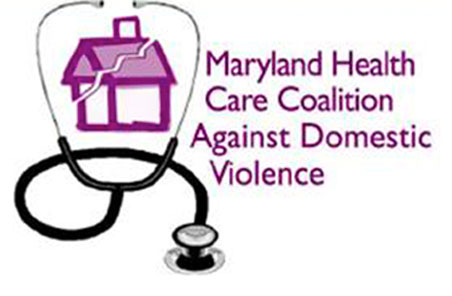How does abuse affect health?
Intimate partner violence can take a toll on an individual’s short and long-term physical and mental health. There are certain indicators that are common:
i. Physical/Medical Indicators
- Acute injuries
- Marks, bruises, scars
- Chronic pain, diffuse somatic complaints
- Reproductive system problems
- Gastrointestinal conditions
- Headache, migraine
- Asthma
- Hypertension
- Increased health care utilization overall
ii. Psychological Indicators
- Depression
- Anxiety disorders
- PTSD
- Substance use disorders
- Sleep difficulties
- Suicidal ideation
iii. Treatment/Behavioral Indicators
- Non-compliance with treatment
- “Doctor shopping”
- Pattern of lateness or missed appointments
- Partner insists on being present during exams
- Patient defers to partner’s wishes or opinions
- Patient demonstrates fear, hypervigilance
- Patient gives unlikely explanations for injuries
What can a health care provider do to help patients who might be victims or survivors of intimate partner violence?
“In a study of females killed by abusive partners – In the year before the death, only 4% had accessed domestic violence services. Yet 44% had visited a health care provider.” ~IPV Femicide Study. J. Campbell, et al.
SCREEN
Victims of intimate partner violence are more likely to present for health care than they are to reach out for help from a domestic violence service provider on their own. Health care providers can serve an important role in identifying victims who might not otherwise come forward for help. Providers should incorporate routine screening in their practice. Remember: even if a patient does not disclose abuse, screening for abuse helps a patient see abuse as a health issue and can let them know that help is available. See the Coalition’s resources and the brochure Intimate Partner Violence & Your Patient’s Health for guidance on best practices in screening.
DOCUMENT
With many injures, once they heal, it is as if the assault never happened. Medical documentation of abuse is one of the greatest benefits that health care providers can offer for victims and survivors of intimate partner violence. Medical and forensic documentation of injury is often crucial for law enforcement and prosecution. However, victims who chose not to report to law enforcement are particularly aided by having a report of abuse in their own confidential medical record – a record that they can produce at a later time to support a history of abuse. Additionally, having a record of non-acute abuse – or even recording positive screening responses – can aid patients who have been abused. See the Coalition’s resources and the brochure Intimate Partner Violence & Your Patient’s Health for guidance on best practices in proper documentation.
REFER
Health care providers treating patients serve an important role in identifying victims who might not otherwise reach out for help. Yet providers may not be well versed in knowing how to assist with safety planning or other victim needs. It is important that health care providers be able to connect patients with local resources and domestic violence service providers to assist in providing advocacy, counseling, shelter and legal help. The Coalition offers many brochures for patients that list help resources.
NOTE: Confidentiality is essential to victims’ safety. All providers should be familiar with confidentiality standards and their jurisdiction’s mandatory reporting requirements. See the Coalition’s brochure on Confidentiality and Mandatory Reporting Requirements in Maryland for guidance on responding to many forms of abuse.
Please visit our Resource section for the complete selection of Maryland Health Care Coalition Against Domestic Violence materials to assist providers and patients.





